This article was co-authored by Chris M. Matsko, MD. Dr. Chris M. Matsko is a retired physician based in Pittsburgh, Pennsylvania. With over 25 years of medical research experience, Dr. Matsko was awarded the Pittsburgh Cornell University Leadership Award for Excellence. He holds a BS in Nutritional Science from Cornell University and an MD from the Temple University School of Medicine in 2007. Dr. Matsko earned a Research Writing Certification from the American Medical Writers Association (AMWA) in 2016 and a Medical Writing & Editing Certification from the University of Chicago in 2017.
There are 12 references cited in this article, which can be found at the bottom of the page.
This article has been viewed 59,621 times.
Twitching of your mouth, nose, or eyes is usually harmless, but it might seem frustrating or embarrassing if it doesn't go away. Usually, to get your twitch to go away, you'll have to figure out what's causing it. In some cases, this might be as simple as reducing your stress or anxiety or changing your diet. However, there are some circumstances that call for a visit to a specialist. We'll help you narrow down the causes and what to do about your twitch!
Steps
Monitor the behavior over time and in various situations.
-
1Note when the twitches happen. Write down instances to try to identify patterns. Especially pay attention to the feelings or circumstances that give rise to the twitch. Evaluate any and all environmental and situational factors, and make a list for reference in case you need to discuss the issue with a doctor.[1]
-
1
- Think back to when the twitch started. Do you remember where and when you first started noticing the twitch? Involuntary movements that originated in childhood have different causes and solutions than those that began in adulthood.
- Doctors will evaluate your medical history and perform a physical examination to determine if the twitch is neurologic, medical, or psychiatric in origin.
References
- ↑ http://healthy-family.org/tic- disorder-treatments/
- ↑ http://www.healthhype.com/lip-twitching.html
- ↑ http://www.ctds.info/tics.html
- ↑ http://www.popsci.com/science/article/2013-02/fyi-why-wont-muscle-stop-twitching
- ↑ http://www.healthhype.com/lip-twitching.html
- ↑ http://www.webmd.com/brain/tic-disorders-and_twitches#1
- ↑ http://www.newhealthadvisor.com/how-to-stop-eye-twitching.html
- ↑ http://www.webmd.com/brain/tic-disorders-and_twitches#1
- ↑ http:/www.med.umich.edu/yourchild/topics/badhabit.htm#tics
- ↑ http://healthy-family.org/tic- disorder-treatments/
- ↑ http://www.ncbi.nlm.nih.gov/pmc/articles/PMC2701289/
- ↑ http://www.encyclopedia.com/topic/Tic_disorders.aspx
- ↑ http://www.mayoclinic.org/diseases-conditions/tourette-syndrome/symptoms-causes/dxc-20163624
- ↑ http://www.webmd.com/brain/tc/bells-palsy-topic-overview#1
- ↑ https://faculty.washington.edu/chudler/ts.html
About This Article
To get rid of a long-term nose or mouth twitch, reduce your anxiety levels by practicing meditation or deep breathing at home. Alternatively, perform other activities that make you feel relaxed like painting or reading. In addition to reducing your anxiety, try to get at least 8 hours of sleep a night since sleep deprivation may worsen your twitch. If your twitch makes your self-conscious, try to wilfully suppress it by refocusing your energy into something else like counting backwards from 100. For more advice from our Medical co-author, like how excessive caffeine consumption can cause a twitch, keep reading!

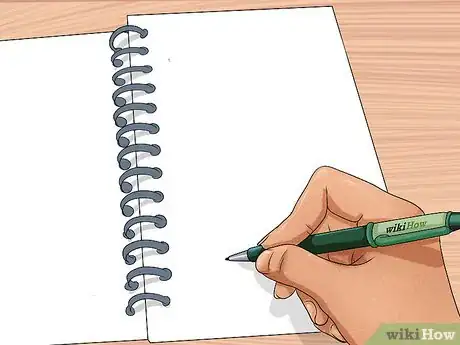

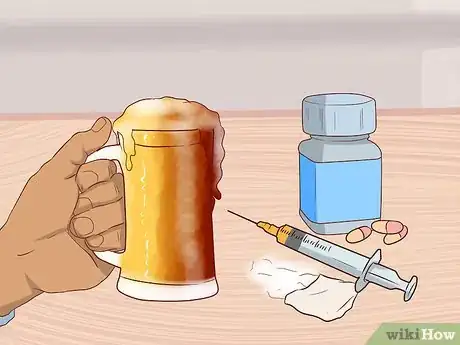

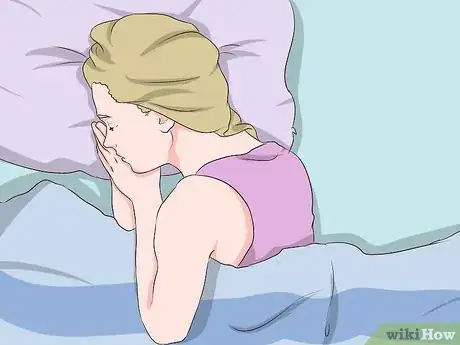

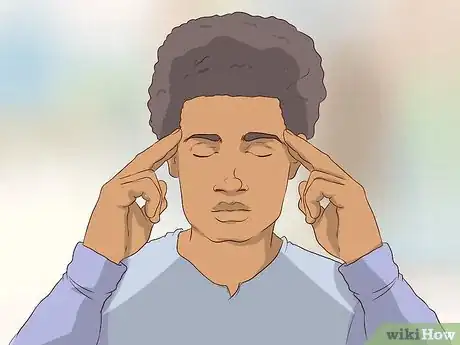


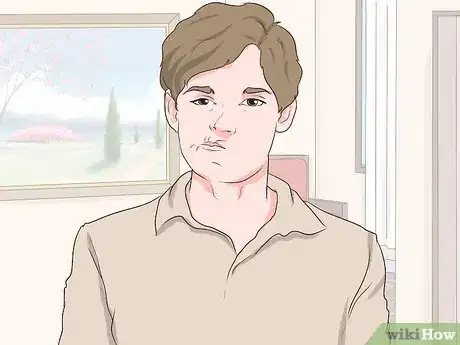

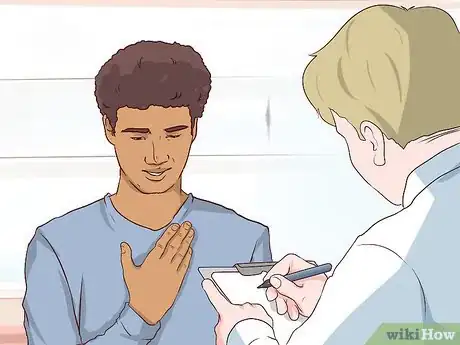

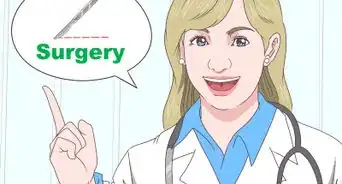
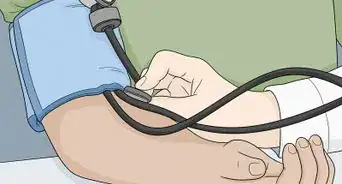


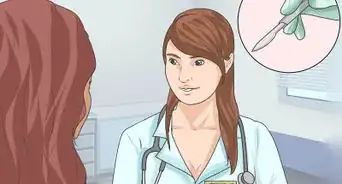

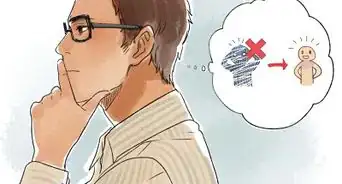
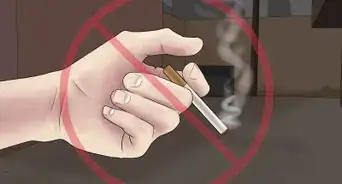

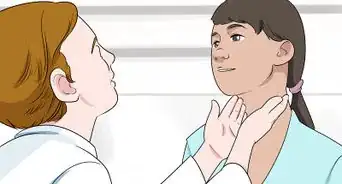
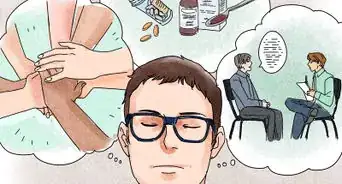

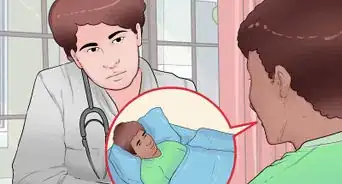









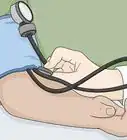




































Medical Disclaimer
The content of this article is not intended to be a substitute for professional medical advice, examination, diagnosis, or treatment. You should always contact your doctor or other qualified healthcare professional before starting, changing, or stopping any kind of health treatment.
Read More...